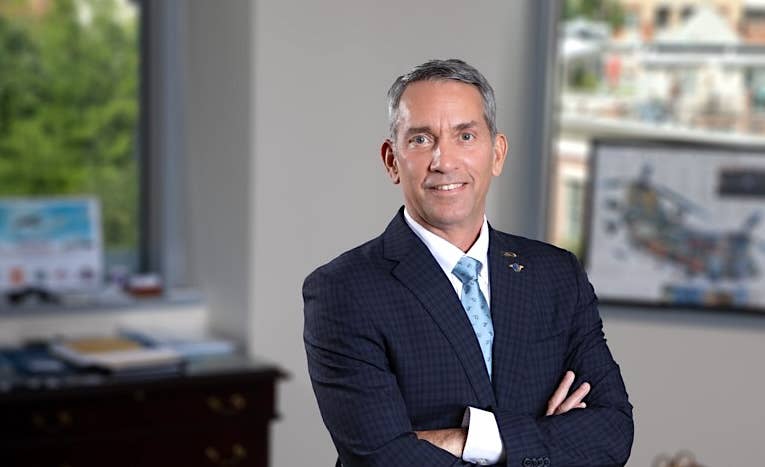CARES Airport Grants Vary Widely
Municipal officials all over the country are comparing notes and discovering major disparities in the government aid they’re getting through the Coronavirus Aid, Relief and Economic Security (CARES) Act. The…

Municipal officials all over the country are comparing notes and discovering major disparities in the government aid they’re getting through the Coronavirus Aid, Relief and Economic Security (CARES) Act. The issue first cropped up in Colorado where Northern Colorado Regional Airport, a GA facility serving Fort Collins and Loveland, got a whopping $16.9 million for a facility with an annual operating budget of $1.2 million. GA airports in Crested Butte and Hayden got more than $18 million. Meanwhile Centennial Airport near Denver, the state’s second busiest airport, and Rocky Mountain Metropolitan Airport, the fourth busiest, got just $157,000. "A $17 million discrepancy, that’s extensive," Rocky Mountain Metropolitan CEO Paul Anslow said. "I’m interested in how that occurred and where do we get ours.”
The FAA is acknowledging some of the grants are anomalous but said it built in a cap for the places that get the big windfalls. "When using any large dataset and formula, an anomaly might occur, so the FAA prepared for that possibility. In cases where an airport’s allocation would provide more than four years’ worth of operating expenses, the FAA will cap the initial grant amount at that level,” the agency said in a statement. “If an airport can demonstrate that it can use more of the allocated amount within the four-year time frame, the airport sponsors may work directly with the appropriate Airports District Office.” Congress mandated a complex set of financial criteria for communities applying for the grants and those formulas created the winners and losers.






